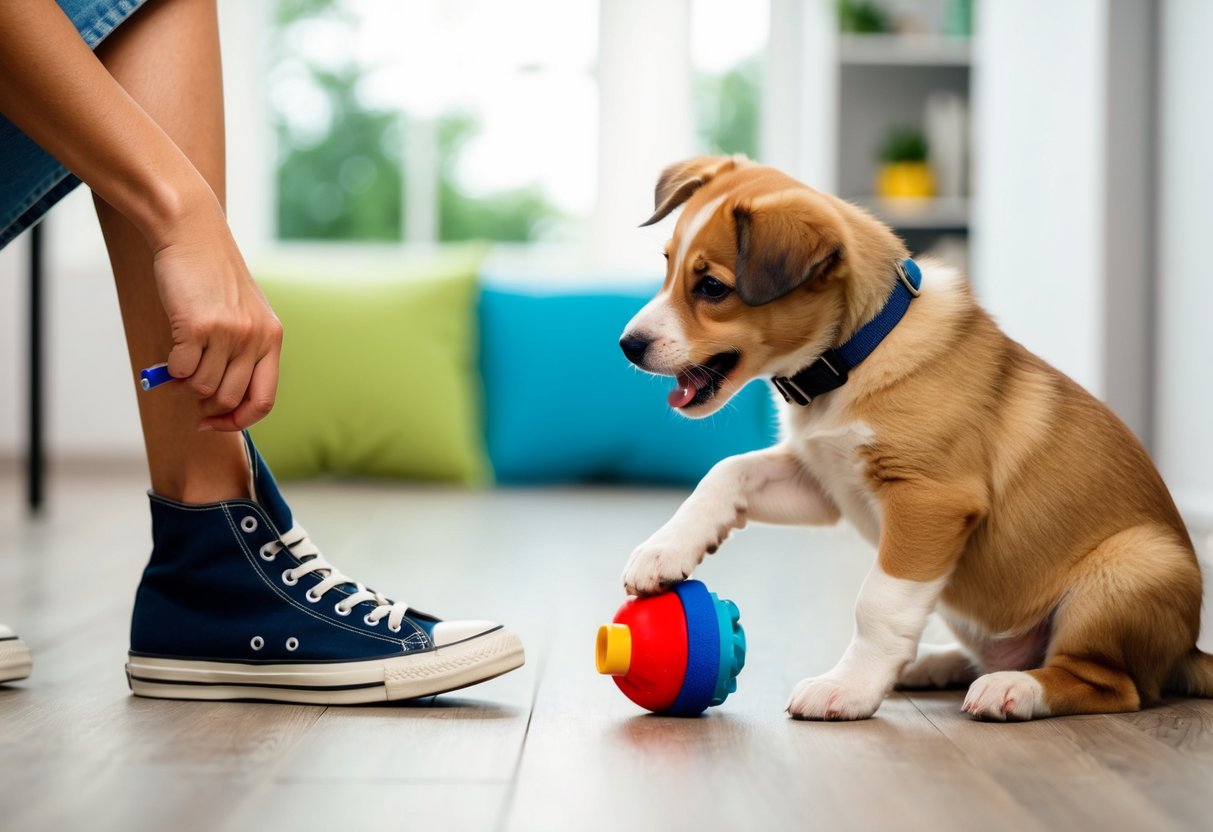
Specific Training for Puppies Versus Adult Dogs
Training strategies differ significantly between puppies and adult dogs. While puppies require early socialization and basic obedience training, adult dogs might need adjustments in methods to address established behaviors.
Early Socialization for Puppies
Puppies are highly adaptable and can benefit greatly from early socialization. Introducing them to a variety of people, environments, and other animals helps them develop confidence and reduce anxiety. This exposure should begin as early as 7 to 8 weeks old.
Positive reinforcement techniques, such as treats and praise, are effective. Using frequent, short training sessions is essential to keep their attention and avoid overwhelming them. Establishing a routine helps create a sense of security, setting a foundation for lifelong learning.
Socialization classes or puppy kindergarten can offer controlled environments to safely introduce puppies to new situations. These classes provide guidance from experienced trainers and the chance for puppies to interact with their peers. Early socialization also helps in preventing future behavioral problems and encourages positive habits.
Adjusting Methods for Adult Dogs
Training adult dogs requires understanding their past experiences and behaviors. They may have already developed certain habits that need modification. An initial assessment can determine their specific needs and the most effective training approach.
Patience is crucial, as adult dogs might take longer to adapt to new behaviors compared to puppies. Methods should be consistent, with a focus on positive reinforcement to encourage desired behaviors. If an adult dog exhibits fear or aggression, professional help may be necessary.
Clear communication is key, using verbal cues and body language that corresponds with consistent commands. Adjusting methods for adult dogs should be gentle, and understanding the dog’s background will aid in developing an appropriate training plan. Consistency and patience are vital in reshaping and reinforcing positive behaviors.
Effective Rewards and Incentives
Rewarding and incentivizing pets effectively involves distinguishing between different types of rewards and understanding their impact on pet behavior. These strategies can help encourage desirable behaviors in pets through a consistent and appropriate approach.
Types of Rewards in Training
Different rewards can cater to various aspects of pet training. Tangible rewards like treats or toys provide immediate reinforcement and are particularly effective in teaching basic commands. Consistency in timing and delivery is key. Moreover, verbal praise offers a soothing affirmation to dogs and cats, reinforcing positive actions without the need for tangible items. In addition, physical affection, such as petting or a gentle scratch, serves to cement a strong bond between the pet and the owner. Understanding and effectively utilizing these reward types significantly enhances the learning process and nurtures a harmonious pet-owner relationship.



